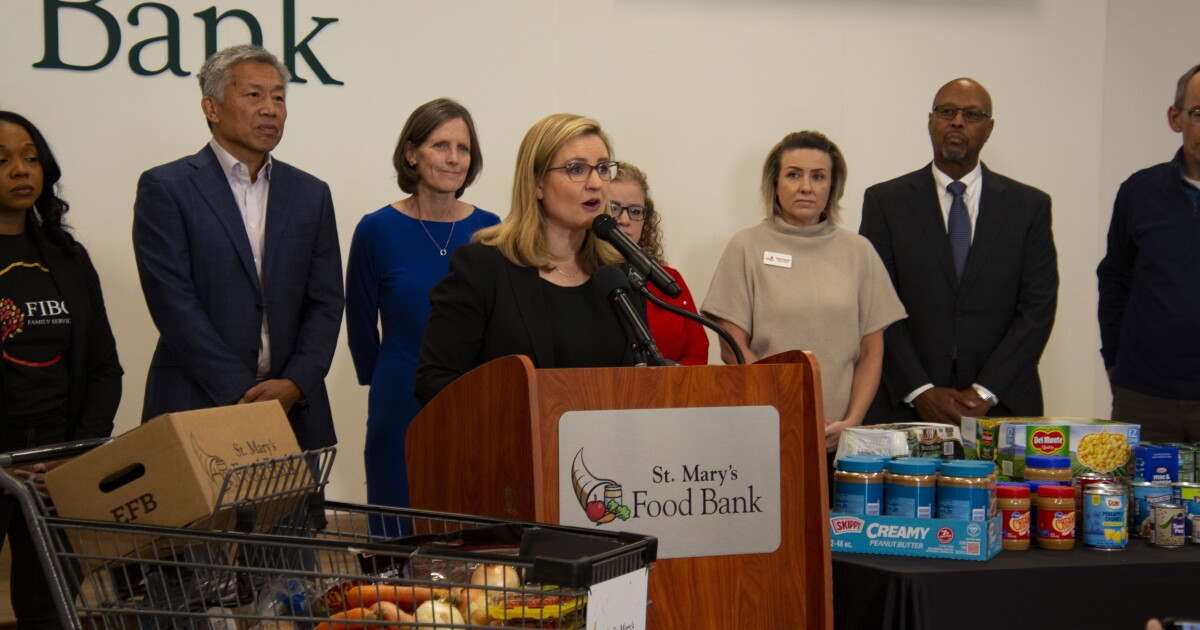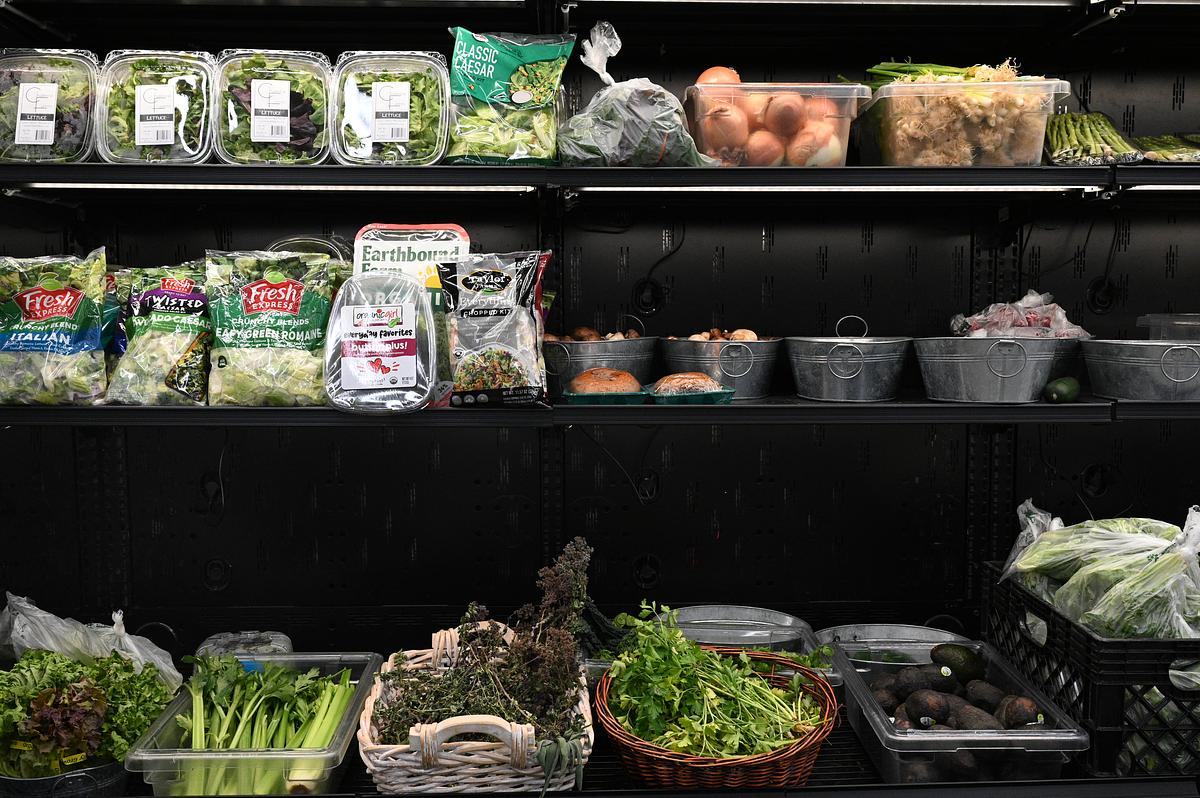Amidst ongoing uncertainty regarding federal food assistance, food pantries in Michigan are facing overwhelming demand. The weekend saw a surge in visitors at Flint’s main library, where a food giveaway attracted an unexpected number of families seeking aid.
Robert White, a children’s librarian at the Flint library, voiced concerns about the growing demand. “I don’t think we’re going to be able to meet (this) kind of massive need,” he said. The library’s food pantry, which opened in September, is already feeling the strain.
The halt in the Supplemental Nutrition Assistance Program (SNAP) due to the federal shutdown is exacerbating the situation. Crystal Travis from the Food Bank of Eastern Michigan highlighted the challenges, stating that many of their 600 partner programs are struggling to keep up.
“Some of them have had to actually close because they just don’t have staff and they don’t have the capabilities to kind of run these distributions at this time,” Travis explained.
The U.S. Department of Agriculture, responsible for SNAP, was set to withhold $8 billion for the program until two federal judges intervened, mandating the continuation of payments. President Trump indicated willingness to release funds, pending further legal instructions.
Judge John J. McConnell of Rhode Island ordered the administration to clarify funding plans by Monday, emphasizing the necessity of using contingency funds due to the shutdown. The SNAP program, costing around $8 billion monthly, supports approximately one in eight Americans.
Flint is partnering with religious leaders to distribute aid as federal SNAP benefits pause.
Despite this judicial intervention, uncertainties remain about the extent of SNAP benefits for the coming month. The administrative hurdles, including the time required to load SNAP cards, have prompted local governments to step in. Some state leaders are utilizing available funds to sustain the program, which impacts about 42 million people nationwide.
Michigan communities are actively seeking solutions to bridge the gap left by the federal pause. In Flint, officials are allocating resources from an opioid settlement and COVID relief funds to provide bi-weekly food aid starting soon.
The city’s initiative also includes collaborations with local food banks and faith leaders. Reverend Aaron Hicks emphasized the importance of community solidarity. “In times like these, we have to look out to help one another. We have to have compassion for one another to see how can I help my brother,” Hicks remarked.
—
Read More Michigan News










